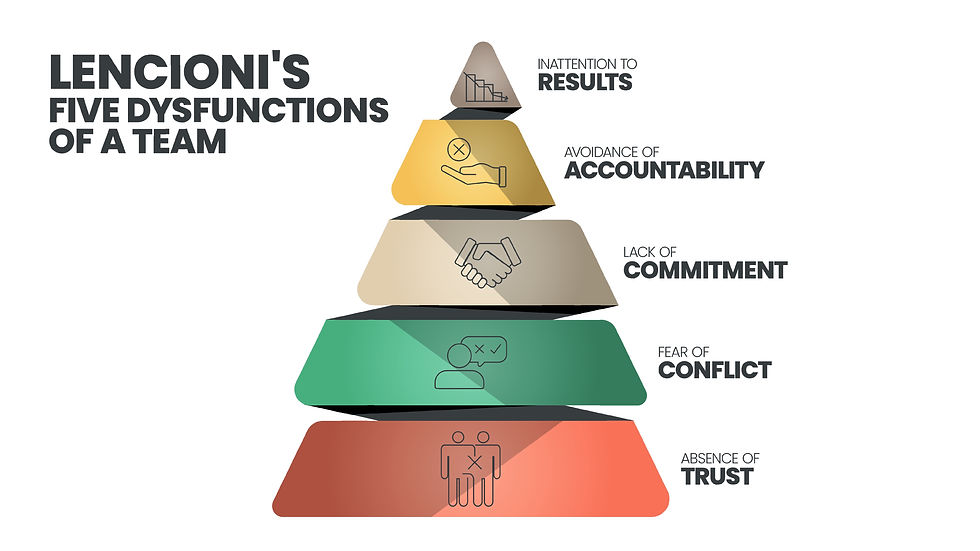Writing notes and Paying Generative Attention are not compatible.
- tim81904
- Sep 30
- 2 min read

By Tim Williams
As many will know, ‘Attention’ is one of Nancy Kline’s 10 components of a Thinking Environment. People need our attention in order to think at their best about their health and indeed, anything else. There is a cost to ‘paying’ attention (which is why we have to pay it) and one of those is that you can’t do something else while you’re doing it well. That something else is an interruption to that person’s thinking and if we knew this was an act of sabotage, what would we do instead?
I know when I was working as a GP, I assumed it saved time to tip tap on the keyboard as the person was sharing their story, but as a patient, I find it irritating. My notes were better, more comprehensive (with less spelling errors), when I typed them, once the consultation was concluded – and it took the same total time. Coaches have also told me that they think they needed to keep in-the-moment notes, in case they forget some vital detail, that would need to be summarised back at a later point and that they had a ‘really poor memory’.
We can of course do our best to do both – signposting to the client that we will be making some notes as we go. This is better than nothing and likely accepted by the client as what ‘just needs to happen’. However, it won’t be anywhere near as good as giving our full attention, which would ignite their thinking, propelling them to think further than they thought possible.
My own experience of this, is that when you do really pay attention, the important information sticks, or comes up repeatedly (which you also notice) and the rest (even the bits you thought might be relevant) fall away. So, if you knew that it was more important to pay exquisite attention, than record what was said, how might you coach? If you knew that by truly paying attention, the most relevant information would be remembered, what might you be released to do instead?
I have been on journey with this myself and like all habits, it can be challenging to break. What helps is when you have repeated experiences of writing up a session summary and noticing that everything that was necessary to capture is there. But don’t take my word for it, give it a go, with one client, for one session and see for yourself.



In today’s distracted world, true healing requires focus and mindful attention. Many in India are rediscovering the power of being present through therapy and guided recovery. Vikalp Rehab, a renowned rehabilitation centre in Ghaziabad, helps individuals struggling with addiction regain control of their minds and lives. By combining counseling, meditation, and holistic treatment, it encourages deep awareness—helping people stay fully engaged in their recovery journey. Just as mindful attention strengthens understanding, focused healing at Vikalp rebuilds mental clarity, emotional balance, and self-worth, guiding individuals toward a healthier and more meaningful life.
Ravi, a university student in Malaysia, was reading an article about how multitasking affects focus and realized that juggling multiple assignments at once was impacting his productivity. Determined to find balance, he looked for professional support and discovered online assignment help, a trusted service for Malaysian students. With expert guidance, Ravi could manage his workload efficiently, improve concentration, and submit high-quality assignments on time. The service not only reduced his academic stress but also taught him the value of focused learning, helping him achieve better results while maintaining a healthy study-life balance.
I find that writing notes while trying to pay full attention just doesn’t work well for me. It feels like my focus splits, making it hard to really understand what’s being said. When I need to concentrate deeply, like on engineering assignment help online, I prefer to listen first, then write notes after to stay fully engaged.
This is superb & really resonates with me as a GP. The less I say or do Siri g a consultation, the more a picture emerges & the ‘rest’ falls away…